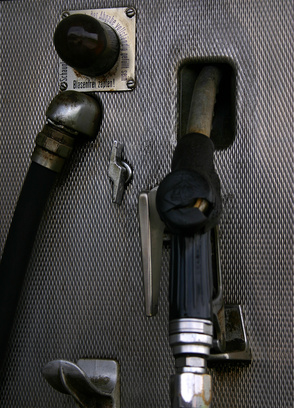
Because diesel fuel is typically treated with sufficient lubricants to replace those that are removed from it at the refinery, a fuel additive for on-road diesel vehicles is typically not necessary. However, one can still help improve the lubrication of your vehicle's pumps and injectors — and thus the life of your engine.
In a 2007 study of fuel additives he conducted in conjunction with the Diesel Place.com, diesel owner and enthusiast Arlen Spicer noted that modern diesel fuel (also called ultralow sulfur diesel, or ULSD) has had sulfur removed in order to help it burn cleaner. While removing sulfur also removes vital lubricants, most gas stations should have diesel with additional lubricants already added. However, Spicer notes that random tests indicate that not all commercial fuel offers proper lubrication.
In addition to protecting against accelerated wear of fuel-delivery components, including pumps and injectors, diesel fuel additives can serve other purposes. Because diesel fuel has water and petroleum wax in it, it can separate and "gel" in freezing temperatures, which can clog filters and cause vehicle malfunction. Some additives contain anti-gel agents and water-separating chemicals. Other additives improve your cetane number (which can help ignition in cold weather).
The effectiveness of a fuel additive depends on how well-treated your purchased diesel already was and the additive that is being used. Since there are additives for different seasons and different engines, choosing the right additive is key to ensuring proper lubrication. The lubricating ability of additives is measured in the laboratory by a device known as a high-frequency reciprocating rig. A ball bearing in the machine is inspected for scarring after it is immersed in lubricating fluid and moved back and forth.